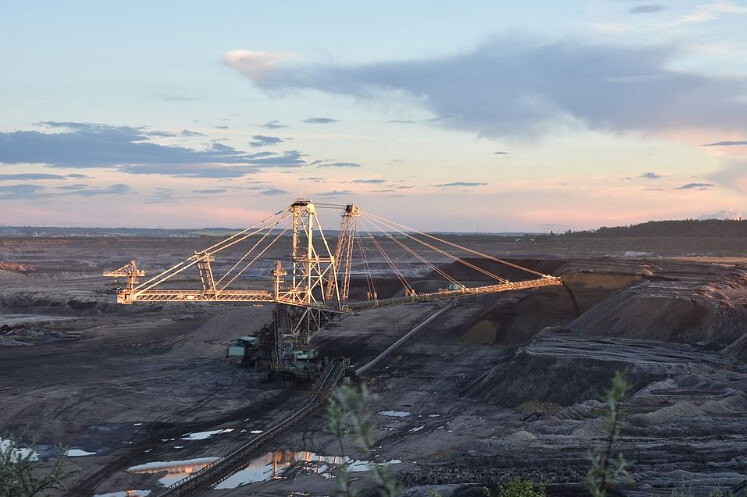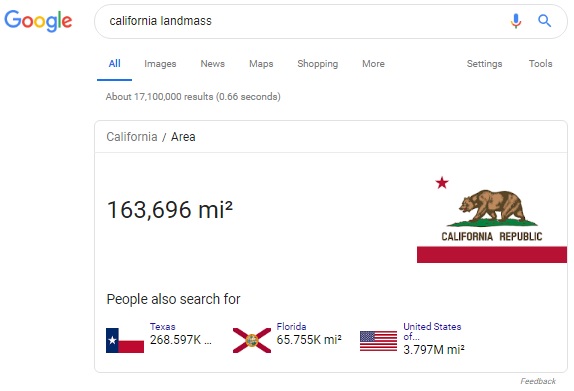Source: Climate Action
Whenever the transition toward renewable energy is brought up in discussions, people typically tighten up showing a large amount of uncertainty about the topic. Regardless of their knowledge of the process or the timeline, one certainty exists in today's world: A large number of countries, local governments, states along with industries are starting to make the transition toward a renewable energy-based system in the future. Each might possess an individual pace. But ultimately, each are headed in the correct direction: away from a fossil fuel dependent economy (and world).
Renewable Energy Not Fossil Fuels
The transition toward renewable energy has been under fire to different degrees in different nations. In the European countries, renewable energy is becoming more favorable with the political will emerging. Just recently, an article in 'The Ecologist' stated that Lithuania received the European Commission's support to transition toward renewable energy:
International renewable energy industry experts predict that within the next two decades, traditional energy sources such as gas, coal, and oil due will be replaced 100 percent by renewables as a result of their current slow-to-non existent growth rates.In light of these findings, Lithuanian energy experts believe that by continually meeting EU energy directives, incentivising electricity production, and pursuing corporate responsibility targets where companies aim to be powered 100 percent by renewables, then Lithuania can set an example to policy makers and solar energy suppliers in neighbouring Latvia and Estonia on how to reduce the entire Baltic region’s need for Russian energy and pursue its own energy autonomy.
European investors have been increasingly committing more over time as banks are reassured by technologists and policy makers along with industry analysts that the transition is not only going to happen -- but that the transition will have ample funding with more on the way. Not to mention that political will is increasing slowly but surely.
Now, Germany recently announced a major change (Big News!!!) to take place by 2038. The organization 'Climate Action' presented the news as follows:
The Federal Government in Germany has announced plans to phase out coal by 2038.The Commission on Growth, Employment and Structural Change released a 20-year report which has agreed to cancel out coal by 2038.With only one vote against, the commission agreed on a total of 40 billion euros in aid for the states affected by the coalition exit. The federal Government will now turn the commission report into a reliable energy concept.Olaf ScholzIf, Federal Finance Minister, said: “If we do not lose sight of the common goal, we can develop Germany into an exemplary state of energy policy."In the years 2023, 2026 and 2029, the Commission will undertake a review by an independent panel of experts.In response to this review, the power plant capacity will be reduced to 17 gigawatts of brown coal and hard coal in 2030, more than halving it. Depending on the report, the withdrawal of coal could take place, according to the recommendation of the commission, by 2035.Greenpeace have called for this target to be brought forward to 2030 to ensure that carbon emissions are reduced sooner.It was reported that, in 2018, the production of coal accounted for 38 per cent of Germany’s energy generation. This move away from fossil fuel generation will put Germany back on track to meet the targets set at the Paris Agreement.This news follows a report that found that the immediate phase-out of fossil fuels is crucial to meet important climate targets.The report found that if carbon intensive technologies were replaced by carbon-free alternatives, carbon emissions would steadily decline, dropping to near zero in 40 years. This would result in a 64 per cent chance of limiting global warming to 1.5 degrees Celsius.
Great. Everything stated above is encouraging. Germany is taking the lead in changing the entire system of nations. The rest of Europe are on board too as reported in the article before the above statement. The European Commission must continue to offer assurance (i.e. support). From the news reports over the last couple of years, the support not only seems to be building, but nations are actually taking action in the European Union.
Although, the size of Germany has always been brought up in discussions here in the United States. The argument is that a smaller nation is able to make sweeping changes more easily than larger ones can. Alright. I can see that. But that is no excuse for not making changes here -- especially on a state by state basis -- which is comparable to the size of Germany.
Size -- California vs. Germany??
Right after the article above was published (and I read the article), I was talking with my colleague who holds German citizenship. She was born in Germany. In a prior discussion about Germany moving toward the use of natural gas, she warned that the move could be potentially dangerous considering the main source of gas presently -- Gazprom -- from Russia. This would put Germany at the hands of Russian gas giants (effectively Russia) for a stable and steady gas supply.
Although, since that discussion, the natural gas industry has started to boom (in the sense of shipping). Technology has improved the ability to ship liquified natural gas all around the world. Now, back to the discussion at hand. This massive shift in dependence on fossil fuels in a reasonable amount of time makes other countries uneasy. Some here in the United States view this transition as 'short sighted' since the infrastructure and change is occuring on such a short time scale.
But is the timescale that short? What kind of transition plan is reasonable? How long should the U.S. or Germany rely on coal/fossil fuels?
The change that Germany is embarking on reminds me of the recent (as in the past few months) commitment to renewable energy made by then Governor Jerry Brown regarding the state of California. Governor Brown signed into law last year the commitment to have California on a carbon neutral (net zero) program for energy by 2045. This was ambitious to say the least.
Remember that California's economy is the fifth largest in the world. Which may cause someone to immediately draw parallels between Germany's transition and California's transition. Let's look at the size (landmass) difference between the two for a closer comparison. First, Germany's landmass is shown below:
Next, California's landmass is shown below:
As you can see, California has a larger landmass than Germany. With Governor Jerry Brown signing into law the transition to a carbon neutral economy by 2045, the current announcement above for Germany by 2038 is not too far fetched. Especially given the size of the two landmasses. Additionally, Germany is probably better suited to the transition toward renewable energy -- which is why the date is set for a complete transition earlier.
Regardless, the news above is exciting to those who are big fans for the transition toward a greater dependence on renewable energy. As this post is published (Wednesday morning), a subcommittee is gathering in the U.S. Congress --House Committee on Energy & Commerce -- is meeting to discuss action for the United States of America. I will write a follow up post on the hearing in the near future. We should watch and note these commitments of transitioning toward renewable energy. Further, these commitments should serve as a motivation to build momentum toward change. The future of transitioning toward renewable energy is turning into a reality and is really exciting.
Related Blog Posts:
Governor Jerry Brown Leads The U.S. With Ambitious Calls For 100% Renewable By 2045 -- Wow!!!
Parameters: GM Lays Off Thousands Of Workers -- Why? People Are Not Buying Cars?
EPA Estimates Of Methane - GHG - are off by 60%
135 Climate Scientists Urge Prime Minister Theresa May to Challenge President Trump on his Climate Stance during visit to the UK
Parameters: Oil vs. Corn based Ethanol - A Tug-Of-War between Trump Administration and Congressional Leaders
French President Macron Calls On U.S. Congress To Save The Planet
Parameters: Shells Oil Corporation Invests In Renewable Energy Infrastructure
Parameters: South Korea Uses Renewable Energy For Olympic Games
French President Macron Organizes Climate Conference With Pledges Of Trillions Of Dollars For Climate Risk Management From World Organizations
Do You Need Clean Air To Breathe? An Introduction To Environmental Justice
Environmental Entrepreneurs Weigh In On Repealing The Clean Power Plan
EPA Blatantly Suppresses Scientific Results Regarding Climate Change?
EPA Director Finally Realizes Reality Of Trying To Roll-Back Obama Era Clean Air Act Regulation



No comments:
Post a Comment